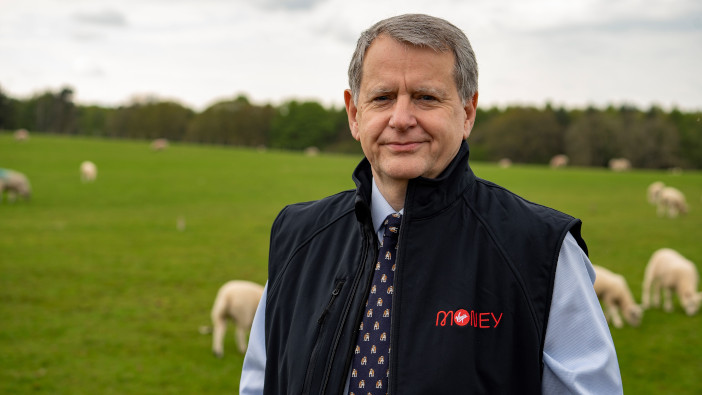Virgin Money‘s latest survey has highlighted growing concerns across the UK Agri industry over input costs.
In its third annual survey, carried out in April and June this year, the effects of the turbulence of the last few years are evident. A large number of the 300+ respondents (70%) reported that they are considering cutting production if prices do not reflect costs more fairly.
Further results of the Virgin Money survey showed that 82% of respondents believe that higher costs have not been matched by farm gate prices. Environmental actions continue to be a high priority, with 26% of farm businesses reporting that customers have asked for evidence of actions being taken to reduce carbon emissions and 50% of farmers having now carried out a carbon audit.
The impact of Brexit is showing a similar pattern to last year, with only 6% reporting a positive impact, whilst 50% said they have been negatively affected by changes. More businesses have invested in new technology over the last 12 months, rising from 39% in the 2022 survey to 51% in 2023. Only 34% anticipated investing next year, which may indicate some uncertainty from farmers as to the economic landscape ahead and the future development of farm policy. Over a third of that potential investment (38%) will be subject to securing some form of grant support. Areas of investment remain focused on automation and equipment at 67%, followed closely by precision farming at 55% and a third of those respondents planning to invest looking at renewables. 13% of respondents highlighted AI as an area they were looking at which, given its relative new use in agriculture is significant and the survey indicated this would continue into next year.
Brian Richardson, head of agriculture at Virgin Money, thanked all the bank’s farming customers who responded to the survey: “This annual survey provides us with great insight into our farming customers’ thinking, their concerns and plans, and it also demonstrates the profound resilience of the sector. Despite the challenges of Covid and the slow emergence of policy post Brexit, the majority of farmers are still focused on the future and looking to do as good a job as possible.
“What stands out from the responses this year is the challenge for farmers of not being able to pass on higher input costs, and the potential squeeze that will have on farm incomes in the coming year. For contractors, the implications of production cuts would clearly impact on incomes and potentially on their investment plans.
“This creates more uncertainty, which makes planning for all forms of farming businesses much more problematic. From the number and detail of the responses we can see the importance of having clarity on new support policy and how that will be funded going forward. Farming is a very long term industry and it is critically important farmers can make long term plans to future-proof their businesses.
“The survey gives us an invaluable window on the industry we serve, and I am very grateful to all our customers who took the time and trouble to complete the questionnaire. It is a huge help to us in planning how we can best support our customers going forward and where their investment focus will be. I remain very optimistic about the sector but the coming years will clearly be challenging and once again I would urge every farmer to look hard at their business, talk to their advisors, and create a plan to deal with the changes that are coming.”


